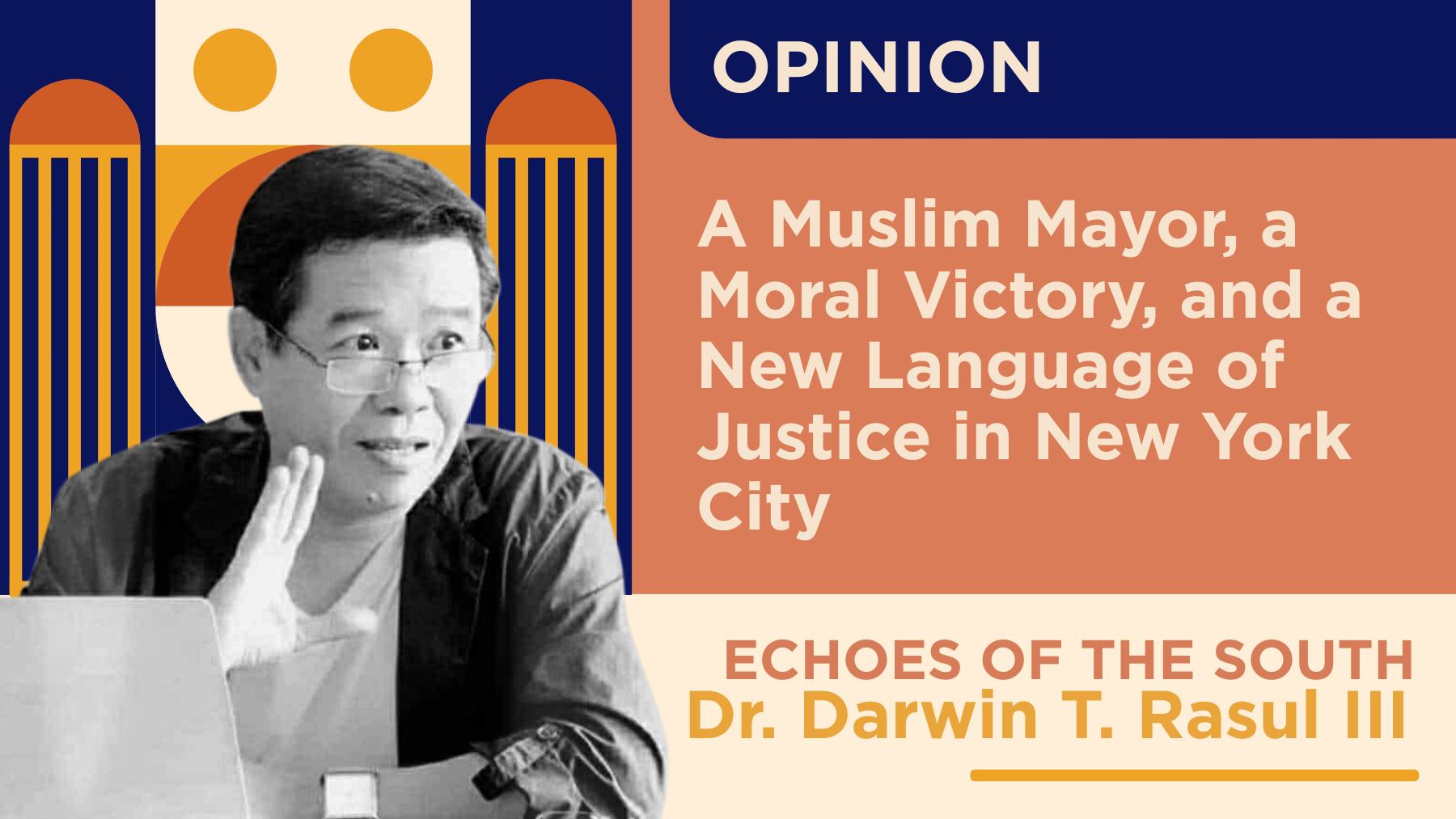So it has finally happened. Zohran Mamdani—a Muslim, a democratic socialist, and the son of Ugandan immigrants—is now the first Muslim mayor of New York City. At 34, he is the youngest mayor in a century.
Mamdani’s election is not merely another episode in the city’s political history; it is a quiet revolution in meaning. Beneath the confetti and campaign slogans lies a deeper shift: the way people now imagine what politics can be. His victory marks a turning point in how urban democracy defines belonging and justice. It is not just about one man’s campaign in Queens but about how ordinary people, long alienated by privilege, reclaimed their right to dream differently. His message resonated because it spoke to what many feel but rarely hear—that dignity, compassion, and fairness are not luxuries but rights.
When Mamdani talked about freezing rents, establishing non-profit supermarkets, or offering free bus rides, he spoke not like a technocrat but like a neighbor who knew the sound of eviction notices. His ideas appeared radical only because greed and inequality have been normalized as the cost of governance. By naming justice as concrete and doable, Mamdani redefined what “possible” means in the American political imagination.
There is something profoundly spiritual in his victory. A Shi‘ah Muslim of the Ithna ‘Ashariyyah tradition, he embodies the Islamic principles of ‘adl (justice) and rahmah (compassion). His policies echo a Prophetic teaching: “Whoever relieves a believer of a burden in this world, Allah will relieve him of a burden on the Day of Judgment.” His public service becomes an act of moral devotion.
Mamdani’s faith is neither paraded nor politicized. It is quiet and principled. That New Yorkers—a city still haunted by 9/11—would elect a Muslim as mayor signals something deeper about the American conscience. Perhaps they are beginning to question the old narratives: that Islam is to be feared, that Muslims are to be distrusted. His election shows that people can see beyond propaganda and distinguish between the faith of over a billion Muslims and the distorted version spread by extremists and opportunistic politicians alike.
But Mamdani’s courage goes beyond identity. He is among the few American leaders who dared to call Israel’s assault on Gaza what it is: a genocide. He even declared that if Benjamin Netanyahu ever sets foot in his city, he would face arrest under international law—a moral line between those who stay silent before injustice and those who dare to name it. In his victory speech, Mamdani declared:
“No more will New York be a city where you can traffic in Islamophobia and win an election. This new age will be defined by competence and compassion. We will prove that there is no problem too large for government to solve, and no concern too small for it to care about. After all, if anyone can show a nation betrayed by Donald Trump... it is the city that gave rise to him. And if there is any way to terrify a despot, it is by dismantling the very conditions that allowed him to accumulate power. New York will remain a city built by immigrants, powered by immigrants, and, as of tonight, led by an immigrant. So hear me, President Trump, when I say this: to get to any of us, you will have to get through all of us. I am young. I am Muslim. I am a democratic socialist. And I refuse to apologize for any of this.”
Prior to the mayoral elections, U.S. President Donald Trump -- without any concern for the people of New York City and with his anti-Muslim stance -- warned of federal funding cuts to the city, if Zohran Mamdani won the race. After the election, in his victory speech, Mamdani fired back: "Trump, turn the volume up!" Afterward, Trump said in a post on Truth Social, "And so it begins." The heated exchange signals an early sign of tension between the new Muslim mayor and the anti-Muslim U.S. president.
Social constructivists would say that Mamdani is reconstructing political reality—transforming “neutrality” into moral complicity and “local governance” into a global conscience. The Qur’an teaches: “O you who believe! Stand out firmly for justice, as witnesses to Allah, even against yourselves.” Mamdani’s leadership is a living echo of that verse.
The political establishment spent millions to stop him, yet his campaign survived not on donations but on devotion—on volunteers who were believers in a shared vision of fairness. His online presence mirrored this authenticity: every selfie with a bus driver, every meme of solidarity, became a counter-narrative to billionaire propaganda.
Every society tells itself a story about what is normal and inevitable. Mamdani disrupted that story—replacing fear with faith, austerity with abundance, and charity with solidarity. His victory was not merely electoral; it was existential.
As one watches from the distant south of Mindanao, a question naturally arises: what kind of meaning are we constructing in our own politics? Are we building systems of compassion and justice, or merely reproducing hierarchies of greed and fear? For as both social thinkers and the Qur’an remind us—belief shapes reality, and meaning precedes power. When justice and conviction meet, even a city as vast as New York can rediscover its moral soul.
About the Author: Dr. Darwin T. Rasul III, columnist and feature writer, is a Muslim Filipino political analyst and commentator on politics and society. He writes on issues of governance, moral leadership, and the intersection of faith and justice.
#WeTakeAStand #OpinYon #OpinYonColumn #EchoesOfTheSouth

